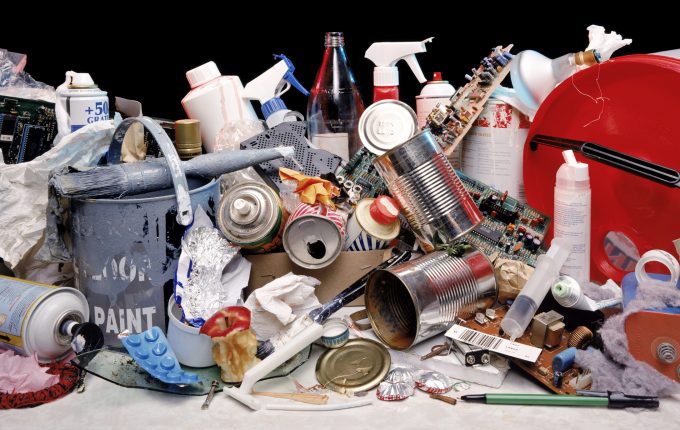Maersk bids to burst PTP bubble as it reports record congestion-free month
The port of Tanjung Pelepas (PTP) reported a record-breaking month, without congestion, in July, but ...

It seems South-east Asia has had enough of all the rubbish. In this case, literally. The Guardian reports that over the past 12 months, western waste has been gathering along the shores of Indonesia, Malaysia and the Philippines. In April a Malaysian government investigation revealed that waste from the UK, Australia, the US and Germany was pouring into the country illegally, falsely declared as ’other imports’. Malaysia sent back five containers of illegal rubbish from Spain and this week said it ...
Maersk Air Cargo sees volumes fall as it aims for 'margin in favour of revenue'
Keep our news independent, by supporting The Loadstar
Container spot rates diverge: to Europe still falling, but firmer to the US
Hapag-Lloyd won't take bookings if port congestion leaves cargo stranded
Ecommerce likely the front-runner in resurge of transpacific trade after deal
Volume surge and an early peak season? 'Don't celebrate too soon,' warning
China-US trade tariff pause could drive a rebound for transpacific rates
Airfreight players eye new routes as demand on the transpacific nosedives
Service chaos from trade ban with India a problem for Pakistan shippers
Airfreight rates ex-China 'loss-making', but hopes of a trade deal stay high
Indian coastal freight attracts major carriers, but regional tension disrupts
Serious threat to jobs in US logistics as tariffs cause economic 'stagflation'


Comment on this article